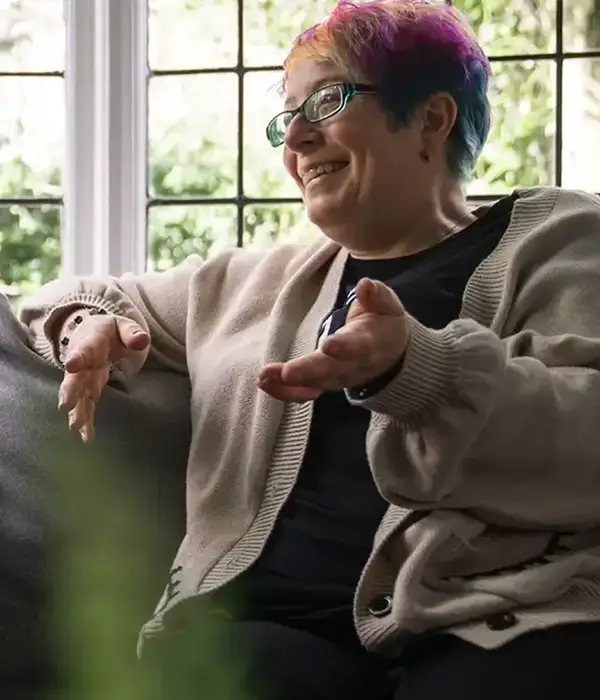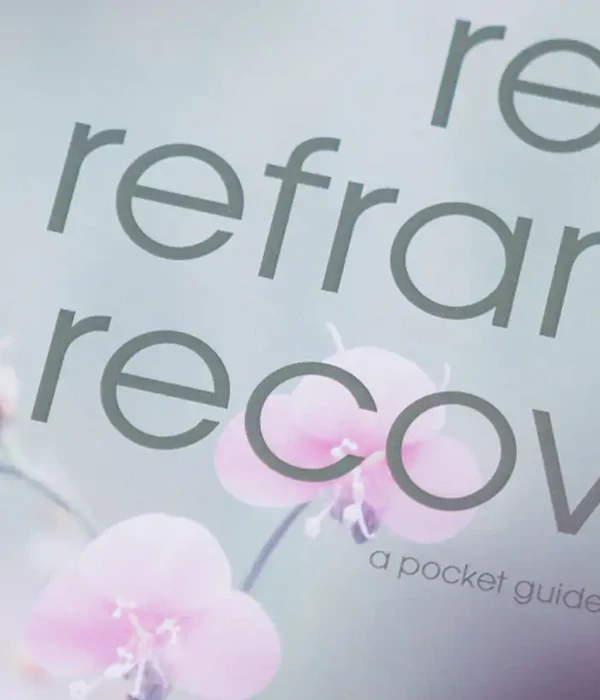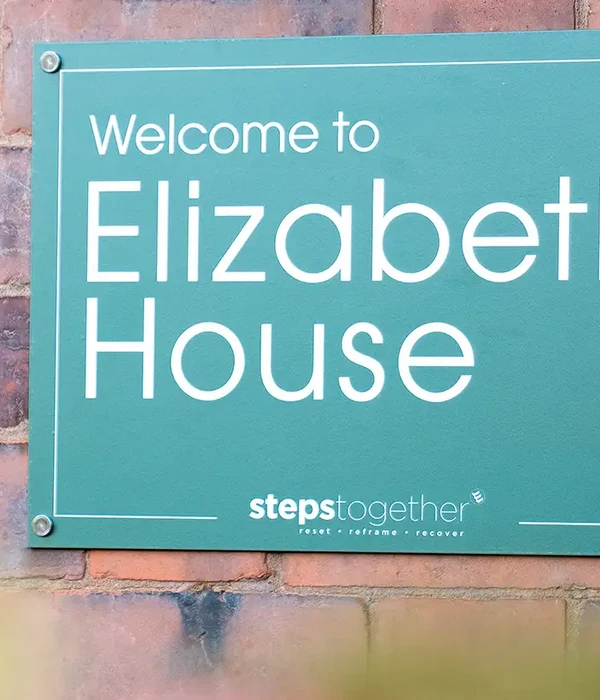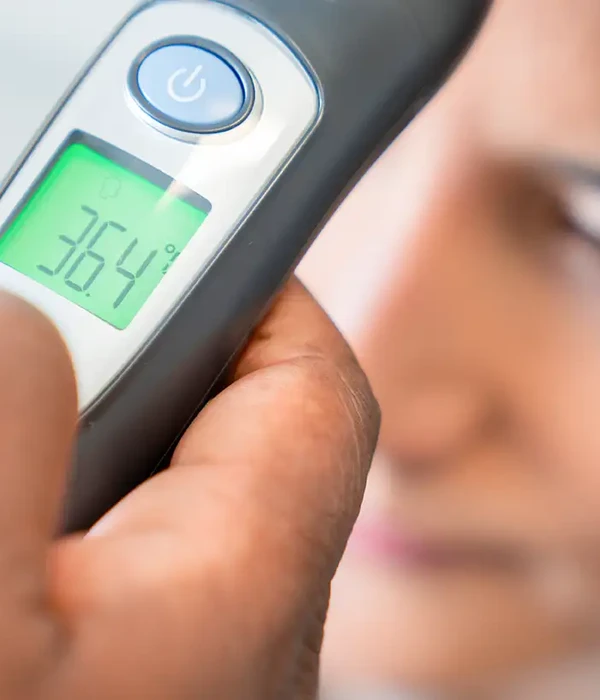Holistic Addiction Treatment
Holistic addiction treatment looks at your recovery as a complete picture, focusing on your mind, body, and emotions rather than just your addiction. This method builds on the idea that all parts of your life can influence how you heal.
By using a treatment programme that includes both traditional and alternative therapies, holistic treatment aims to support long-term wellness. You might consider joining group therapy sessions, taking yoga classes, or learning new coping skills to manage daily triggers and tough moments.

Take the First Step Towards Recovery
Steps Together offers personalised support and proven treatments, providing the care, guidance and encouragement you need to move forward with confidence and build a healthier future.

Understanding Holistic Addiction Treatment
Holistic addiction care recognises that recovery is about more than stopping substance use. It works to strengthen your mental health, physical wellbeing, and emotional balance alongside standard treatment methods. Rather than replacing traditional approaches, it adds another layer of support to your journey.
This kind of programme treats you as a whole person. Instead of narrowing the focus to alcohol or drug use alone, it explores how your habits, values, health, and emotional state all play a role in lasting recovery.
Mind, Body, and Spirit Connection
The connection between your mind, body, and spirit shapes how you experience addiction and healing. Holistic addiction treatment works by acknowledging this link. For example, it may combine individual counselling, group therapy, yoga, meditation, exercise, and nutrition planning.
Activities like mindfulness and meditation can help manage stress and support emotional balance. Nutrition and exercise programmes help rebuild your physical health after substance use disorders. The spiritual component doesn’t always mean religion; it may just be about finding meaning, purpose, or inner peace.


Benefits Of Holistic Recovery
A holistic approach to wellbeing offers several key benefits compared to traditional treatments. Traditional approaches often focus mostly on stopping substance use, addressing physical symptoms, or using medication. The holistic method, by contrast, addresses underlying issues and emotional needs that might be overlooked.
Combining traditional therapies with holistic methods also helps you address the underlying causes of substance use disorder. This integration can help you stay committed to your recovery and feel supported in every aspect of your life.
Components of Holistic Therapy for Addiction
Holistic therapies help you address addiction by supporting your physical health, emotional well-being, and personal growth. The types of holistic therapy that can be used to treat addiction include:
Mindfulness and Meditation Practices
Mindfulness and meditation are key parts of holistic substance abuse treatment. You use mindfulness to focus on the present and become aware of your thoughts, feelings, and body sensations without judgement. Daily mindfulness practice can help you manage cravings, reduce stress, and cultivate emotional resilience.
Meditation may include practices such as guided meditation, breathwork, and body scans. These techniques can calm your mind and help reduce anxiety.
Art and Music Therapy
Creative therapies are useful treatment methods in addiction recovery. Art therapy lets you express feelings that may be difficult to put into words. You might draw, paint, or sculpt to explore your experiences. These activities help reduce anxiety and allow for safe self-expression in a non-judgemental setting.
Music therapy uses activities such as listening to music, songwriting, or playing instruments. This can help lift your mood and encourage emotional healing. In group sessions, music therapy often fosters connection with others, allowing you to feel less alone in your journey.
Physical Exercise
Physical exercises such as yoga are important holistic approaches to recovery from addiction. Yoga links movement with breath, helping you release tension and strengthen your body. Yoga can improve flexibility, balance, and focus. It also uses breathing exercises and stretching to help lower anxiety and boost mood.
Physical exercise, such as walking, swimming, or strength training, can help you rebuild your health after addiction. Exercise increases your energy, supports better sleep, and reduces depression. Regular movement helps reset your body’s stress response, making it easier to cope with strong emotions and cravings.
Acupuncture and Massage Therapy
Acupuncture and massage therapy are complementary therapies that focus on physical healing and stress relief. Acupuncture uses very fine needles placed in specific points on your body to help balance your energy. It may help reduce cravings, improve sleep, and ease withdrawal symptoms.
Massage therapy involves different techniques to relax your muscles and reduce tension. A skilled massage therapist can help lower anxiety levels and support emotional regulation during recovery. These therapies often work in conjunction with other holistic treatments to accelerate healing.
Services that our multi-speciality addiction rehabilitation centres offer

Lifestyle Interventions in Rehab
Lifestyle interventions play an important role in rehab because taking care of your body directly supports recovery. The choices you make around food, movement, and managing early symptoms all have a lasting impact on your health and wellbeing.
A balanced diet rich in fruits, vegetables, whole grains, lean protein, and healthy fats helps repair the vitamin and mineral deficiencies caused by substance use, giving your body the fuel it needs to heal.
Physical activity is equally important, whether it’s walking, cycling, swimming, gardening, yoga, or simple stretching. Exercise can reduce anxiety, lift your mood, and release endorphins that ease cravings and make detox more manageable.
Building these healthy routines not only strengthens the body but also fills your time in constructive ways, helping you feel more confident and resilient as you move forward in recovery.

Addressing Underlying Causes and Mental Health
Many people with substance use disorders have experienced trauma. In holistic settings, trauma-informed care means your care team understands how past events, such as abuse, loss, or neglect, can influence your behaviour and choices. You might engage in counselling or psychotherapy that helps you identify and process traumatic memories.
Holistic addiction treatment often recognises that substance use and mental health conditions can appear together. This is referred to as a co-occurring disorder or dual diagnosis. You might face both addiction and issues like depression, anxiety, or PTSD. In these cases, it’s essential to address both problems simultaneously rather than separately.
Emotional healing and emotional regulation are crucial in holistic treatment. Many people with addiction have difficulty managing strong feelings, like anger, sadness, guilt, or anxiety. Holistic programmes use techniques such as mindfulness, meditation, and yoga to help you notice and respond to your emotions in healthy ways.
Life Skills, Spirituality, and Long-Term Recovery
Developing strong life skills, nurturing your spiritual well-being, and building a supportive community are all essential components of a rehabilitation programme. These elements work together to strengthen your resilience, give you a sense of direction, and help you maintain healthy habits for abstinence and relapse prevention.
Building Coping Skills and Emotional Resilience
Holistic therapy sessions can help you develop effective coping strategies, which can significantly impact your journey. Skills such as problem-solving, time management, and emotional regulation enable you to manage stress and triggers more healthily. With better coping mechanisms, you’re less likely to turn to old habits when faced with challenges.
Building self-awareness and self-esteem is key. You can track your progress through techniques like journalling or practising mindfulness, which encourage reflection and growth. These habits help you understand your emotions and reactions, making it easier to manage them.
Social Connections and Community Involvement
Healthy relationships and community involvement are essential for staying on track. Support from family, friends, or recovery groups reinforces your progress and offers encouragement when things feel tough.
Creating a network gives you people to turn to for advice or understanding. Community activities, volunteering, or group therapy can strengthen your sense of belonging, making it less likely you’ll feel alone in your journey.
Spiritual Well-Being and Finding Purpose
Holistic therapy programmes can encompass more than the mind and body. Spiritual growth often plays a major role in addiction recovery. Connecting with your beliefs or sense of purpose adds meaning to your journey and supports your motivation to stay sober.
Practices like prayer, meditation, or spending time in nature can help you feel more centred and hopeful. Many people experience increased resilience during difficult times when they focus on spiritual well-being.

Holistic Treatment Programmes Can Offer Recovery
The aim of treatment isn’t just short-term relief. It’s building a foundation for long-lasting change. Holistic addiction care brings together a range of therapies, healthier routines, and supportive practices that encourage sustainable recovery.
At Steps Together, our admissions team can walk you through how these approaches work and the specific therapies we offer. True recovery goes beyond addressing immediate symptoms; it’s about supporting every part of a person’s life so they can move forward with strength and stability.
Frequently Asked Questions
How does a holistic approach aid in overcoming addiction?
A holistic approach helps you address the root causes of addiction, not just the symptoms. It considers your mental health, physical health, emotions, and personal beliefs. You can benefit from combining talk therapy, relaxation techniques, and lifestyle changes.
Can alternative medicine play a role in the rehabilitation process for addictions?
Holistic recovery practices, such as acupuncture, herbal therapy, or yoga, can support your recovery by reducing stress and easing physical symptoms. While these methods should not replace medical treatment, they can be used in conjunction with it.
What is the effectiveness of combining traditional and holistic treatments in managing addiction?
Combining traditional methods like medication or detox with alternative treatment can support long-term recovery. This approach treats both physical dependence and mental health.
What therapies are included in a comprehensive addiction treatment plan?
A comprehensive treatment plan typically encompasses counselling, group therapy, and medical care. You may also receive mindfulness activities, relaxation exercises, and art or music therapy. Some treatment centres offer fitness programmes, nutritional support, and holistic therapies to care for your overall well-being.
In what ways do mind-body techniques contribute to addiction recovery?
Mind-body techniques, like meditation, deep breathing, and yoga, teach you to manage stress. These practices can lower anxiety, improve sleep, and reduce cravings. They often help you become more aware of your thoughts and feelings, making it easier to avoid relapse.
How important is nutrition and physical health in holistic addiction rehabilitation?
Good nutrition gives your body the fuel it needs to heal from the effects of drug or alcohol use. Healthy eating can improve your mood, energy, and focus. Physical activity also boosts your recovery by reducing stress and building strength.





